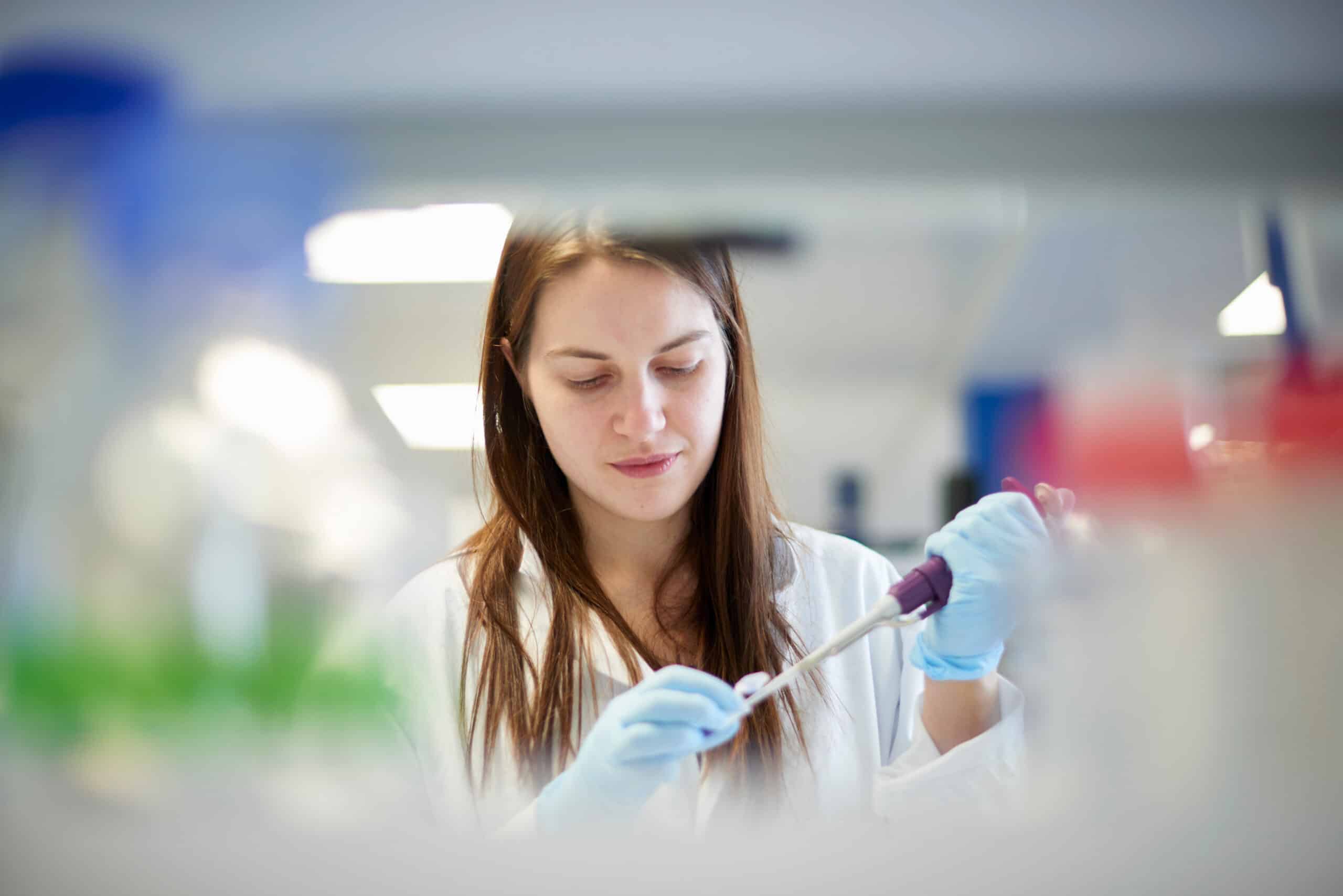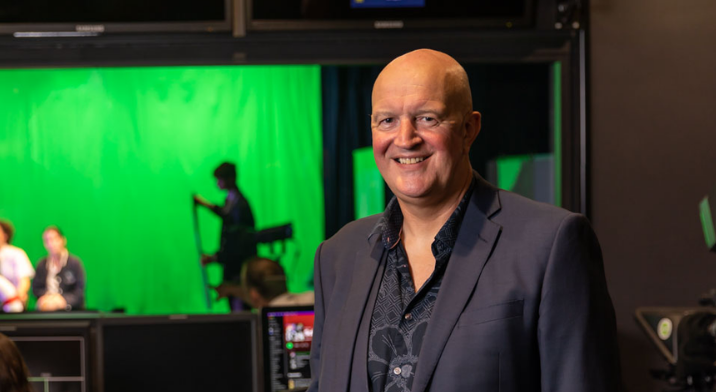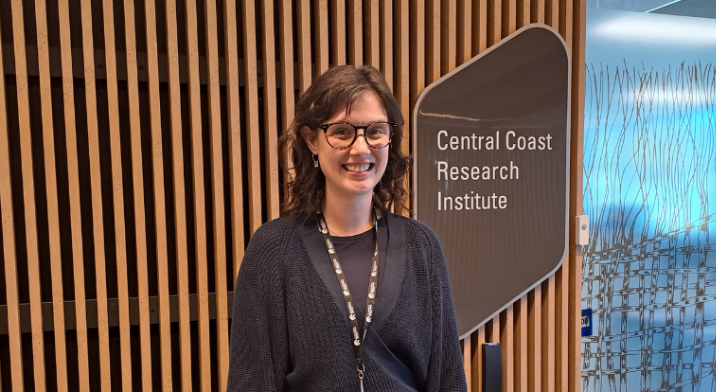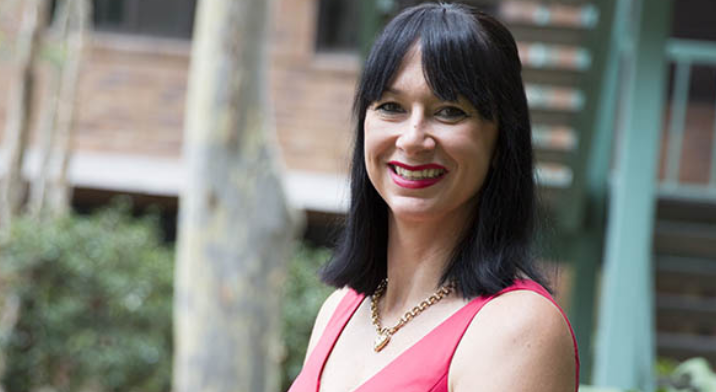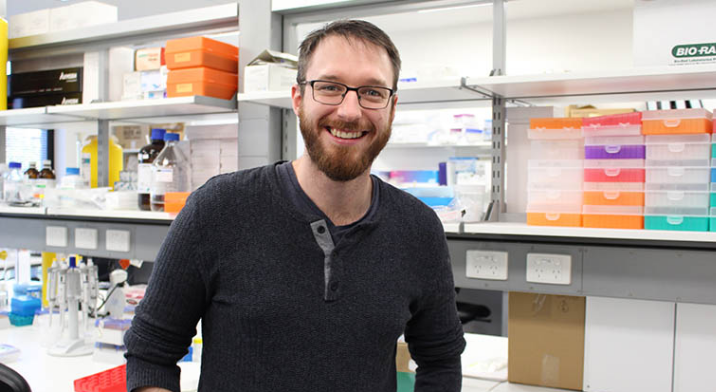Our Healthcare Transformation Research Program is optimising healthcare experiences and outcomes for our communities.
Our team aims to reduce the time it takes for medical discoveries to make their way into clinical practice. By focusing on the big picture of healthcare, we are finding new ways to benefit from the latest research faster.
Quality health research takes time to be tested, trialled and fully developed before it can be translated into healthcare practice.
Healthcare today faces challenges. It’s a very complex system of services, which can sometimes become fragmented or lack coordination and integration between providers and settings. This can lead to gaps between the knowledge gained from medical research and the care that patients actually receive. This is known as the evidence-to-practice gap.
The gap between knowing and doing in healthcare practice is estimated to take around 17 years for research to be translated into practice.
17 YEARS
THE AVERAGE TIME IT TAKES RESEARCH TO BE TRANSLATED INTO PRACTICE
30-40%
OF PATIENTS ARE NOT RECEIVING HEALTHCARE BASED ON CURRENT EVIDENCE
20-25%
OF HEALTH CARE PROVIDED COULD BE UNNECESSARY OR POTENTIALLY HARMFUL
Helping medical research become translated into real-world care
Hunter Medical Research Institute’s Healthcare Transformation Research Program applies a whole-of-system approach to address these gaps in medical research and clinical practice. Rather than focusing on one disease or condition, our researchers take a transformative, people-centred, practice-based research approach.
Our research is targeted toward diverse healthcare needs across the lifespan and crosses jurisdictions, disciplines and geographic boundaries.
To be truly transformative, our approach is both transdisciplinary and translational.
Building capability and capacity within our healthcare workforce
Transforming healthcare requires a collective effort where every part of the system advances together. Impact in health comes from smarter information dissemination, stronger partnerships, and the ability to harness the full spectrum of expertise within our community. This holistic approach enables us to create new clinical, academic, and industry collaborations, which are essential for developing integrated models of care that are more efficient and effective than our current health services.
Our commitment to building capability and capacity within the healthcare workforce is driven by a deep understanding of the challenges faced by patients in our community.
Our research projects address the most pressing health needs in our communities, with a focus on key areas such as maternal and infant health, pain management, drug and alcohol use, mental health, and care for older adults.

Care for older adults

Drug and alcohol use

Maternal and infant health

Mental health

Pain management
These areas are critical not only because of their immediate impact on patient outcomes but also because they reflect broader societal challenges that require innovative and sustainable solutions.
All our research is informed by clinical practice insights, ensuring that the research we conduct is directly relevant to the needs of healthcare providers and the patients they serve.
This clinician-driven approach means that our research is not only aligned with the priorities of the health service but is also grounded in real-world experience. As a result, our findings are far more likely to be implemented and translated into practice, leading to tangible improvements in patient care and outcomes.
We place great value on the diversity of knowledge and experience that comes from engaging with a broad range of stakeholders, including healthcare consumers, providers, service managers, academic researchers, and policymakers. By bringing these voices together, we are able to co-create innovative solutions that are rigorously tested for their efficacy and effectiveness.
Ultimately, our goal is to drive a healthcare transformation that benefits all our communities. Our work aims to build a more resilient healthcare workforce that is prepared to meet the challenges of the future.
Ultimately, our goal is to drive a healthcare transformation that benefits all our communities. Our work aims to build a more resilient healthcare workforce that is prepared to meet the challenges of the future.
